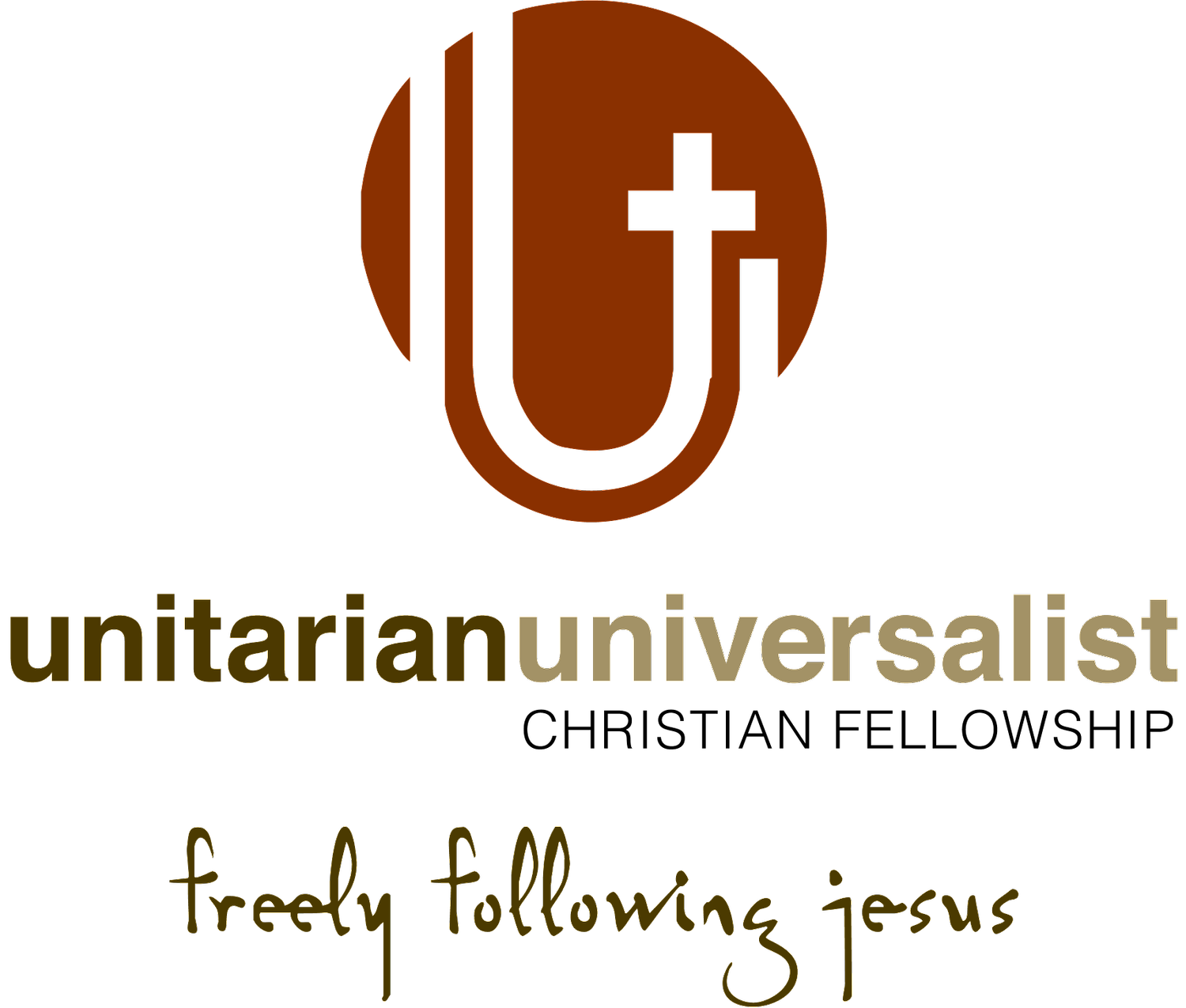MATTHEW 12:1-8
Week of February 28 - March 6, 2011
Kimberly Beyer-Nelson
Scripture: The Gospel of Matthew 12:1-8
Selection: Not long afterwards, Jesus was walking through some wheat fields on a Sabbath day. His disciples were hungry, so they began to pick heads of wheat and eat the grain. When the Pharisees saw this, they said to Jesus, “Look, it is against our Law for your disciples to do this on the Sabbath!” Jesus answered, “Have you never read what David did that time when he and his men were hungry? He went into the house of God, and he and his men ate the bread offered to God, even though it was against the Law for them to eat it – only the priests were allowed to eat that bread. Or have you not read in the Law of Moses that every Sabbath the priests in the Temple actually break the Sabbath law, yet they are not guilty? I tell you that there is something here greater than the temple. The scripture says, ‘It is kindness that I want, not sacrifices.’ If you really knew what this means you would not condemn people who are not guilty; for the Son of Man is Lord of the Sabbath.” (12.1-8)
Meditation: Lent is known as a season of sacrifice, nowadays as a time to surrender a guilty pleasure or a bad habit, mocha cappuccinos, say, or late-night TV. But it matters terribly the spirit of these sacrifices. If they are done in misguided expiation of the indulgent lifestyle that so many of us tend to lead today, they are perfunctory gestures, rote religious observances that signal a desire to be righteous. Jesus himself often challenged the rationale of sacrosanct religious protocols. He investigated the intent of people’s actions. In this notorious exchange with the Pharisees, Jesus insists that God wants people to demonstrate unfailing kindness to each other, not to demand certain sacrifices from one another.
For Jesus, what is life-giving becomes indistinguishable from what is holy. The point of our spiritual disciplines is not for us to be suddenly holier-than-thou, but rather, to move fully into I-Thou relation with one another. It is not the Sabbath itself that matters so much as who the Sabbath allows us to be when we let ourselves be transformed by the very observance of it. Jesus declares that the Temple and Law are meant to be put in service of our humanity, despite everything we have been told to the contrary. We are called to be good people, not good Christians or Jews. The bread that feeds people is infinitely more pleasing to God than the bread left at the altar.
Focusing Questions: How shall we meet God’s continuous call for kindness instead of sacrifice? Can we reinterpret the significance of the Lenten season so that it results not merely in temporary denial and deprivation, but rather in greater generosity and graciousness of spirit? Which of our religious practices is capable of feeding our spiritual hunger as well as our human needs?
Prayer: O good and gracious God who has made the Sabbath for our benefit and us to your use, give us true religion. Help us to understand that which is most pleasing to you, that we may join in the priesthood of all believers as you would have us, humble disciples. Let the uncompromising kindness of Jesus be our model for living. Show us the mercy we so desperately need to show to each other and to our own selves, when we have lost the way. Give us the bread that satisifes our deepest hunger for the holy, today and every day. Amen!

